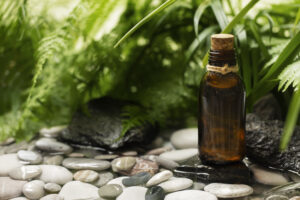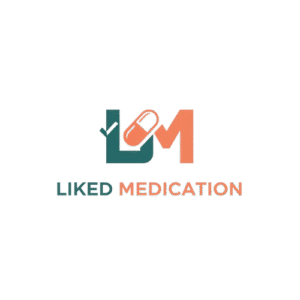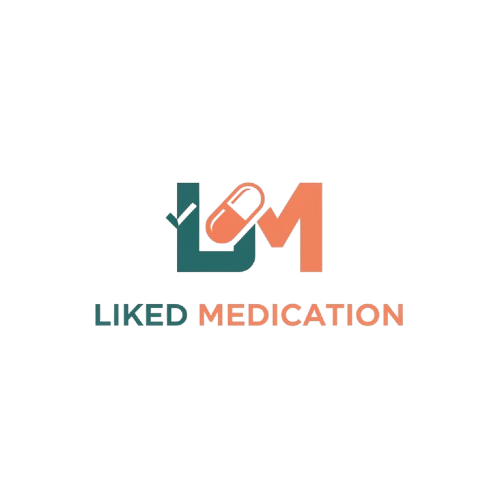Herbal medicine has been used for thousands of years in cultures around the world. In recent years, more people are turning to natural remedies as an alternative or complement to modern medicine. This article explores what herbal medicine is, its benefits, popular herbs, how to use them safely, and important precautions.
What is Herbal Medicine?
Herbal medicine is the use of plants or plant extracts to treat illnesses, support the body’s healing, or improve general wellness. Also known as botanical medicine or phytotherapy, herbal medicine can be used in the form of teas, capsules, oils, creams, or tinctures.
Unlike synthetic drugs, herbal remedies are made from natural ingredients and are often seen as a gentler way to manage health conditions. However, that doesn’t mean they are risk-free.
Benefits of Herbal Medicine
Many people choose herbal medicine for its natural healing qualities and fewer side effects compared to pharmaceutical drugs. Here are some common benefits:
- Natural Healing
Herbs work in harmony with the body. They can support the immune system, help reduce stress, and promote faster recovery.
- Fewer Side Effects
When used correctly, herbal remedies often have fewer side effects than prescription medications.
- Long-Term Wellness
Herbal medicine focuses on treating the root cause of illness, not just symptoms. This approach promotes long-term balance and health.
- Affordable and Accessible
Herbal remedies can be more affordable and easier to access, especially for people in rural areas or those without health insurance.
Popular Herbs and Their Uses

Many herbs are used daily by people around the world for health support. Below are some of the most popular and their common benefits:
- Ginger
- Uses: Nausea, digestion, inflammation
- Form: Tea, capsules, fresh root
- Turmeric
- Uses: Joint pain, inflammation, skin issues
- Form: Powder, capsules, paste
- Echinacea
- Uses: Boosts immune system, fights colds
- Form: Tea, tincture, capsules
- Garlic
- Uses: Heart health, immune support, antibacterial
- Form: Raw, capsules, oil
- Chamomile
- Uses: Sleep aid, reduces anxiety, helps digestion
- Form: Tea, oil, capsules
- Peppermint
- Uses: Headaches, digestive problems
- Form: Tea, essential oil
How to Use Herbal Medicine Safely
Herbal medicine is powerful and must be used responsibly. Here are some safety tips:
Consult a Healthcare Provider
Before starting any herbal treatment, talk to a doctor or licensed herbalist—especially if you’re taking prescription medications, pregnant, or breastfeeding.
Start Small
Begin with a small dose and watch how your body reacts. Everyone is different.
Buy from Trusted Sources
Purchase herbs from reliable brands or herbal shops that follow quality and safety standards.
Don’t Mix Without Knowledge
Some herbs can interact negatively with medicines or other herbs. Never mix remedies unless guided by a professional.
Are Herbal Medicines Backed by Science?
Many herbs have been studied and supported by scientific research. For example, turmeric’s active ingredient, curcumin, has been proven to have anti-inflammatory effects. Ginger has also shown benefits for nausea in pregnancy and chemotherapy patients.
Still, not all herbal claims are backed by strong scientific evidence. That’s why research and guidance are important before starting herbal treatments.
Precautions and Side Effects

Even though herbal medicine is natural, it can still cause side effects. Here are a few to watch out for:
- Allergic reactions
- Upset stomach
- Skin rashes
- Drowsiness or insomnia (depending on the herb)
- Interactions with other medications
Always follow the correct dosage and instructions. Stop use immediately if you notice any unusual symptoms.
FAQs About Herbal Medicine
Is herbal medicine safe?
Yes, when used properly and under professional guidance. However, herbs can interact with medications or cause side effects.
Can children use herbal remedies?
Some herbs are safe for children, but always consult a pediatrician or herbal specialist first.
How long does it take for herbal medicine to work?
Results vary. Some people notice changes within days, while others may need weeks or months.
Can I use herbal medicine with my regular medicine?
In some cases, yes. But it’s crucial to check for interactions with your doctor before combining treatments.
Where can I buy herbal medicine?
You can find herbal products at health stores, pharmacies, or online. Always choose reputable brands.
Final Thoughts
Herbal medicine offers a gentle, natural option for improving health and well-being. While it can be effective, it’s not a cure-all. Always combine herbal use with a healthy lifestyle, and consult professionals when needed. Remember, nature provides many healing tools, but safety, knowledge, and balance are key.
Health Disclaimer:
This article is for informational purposes only. It is not intended to diagnose, treat, cure, or prevent any disease. Always seek the advice of your physician or qualified health provider with any questions you may have regarding a medical condition or before starting any herbal treatments.

